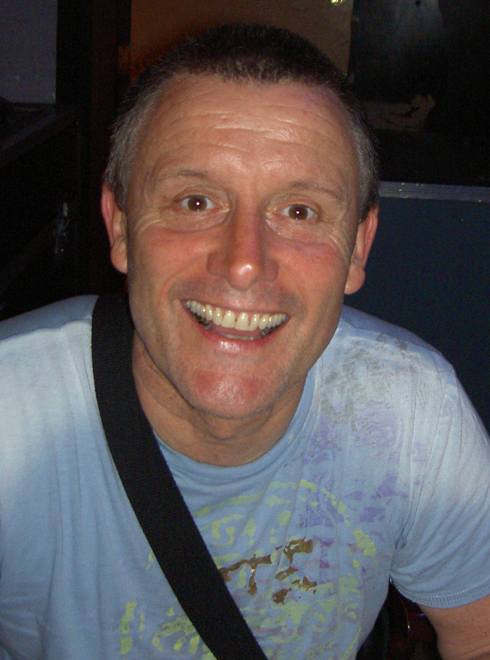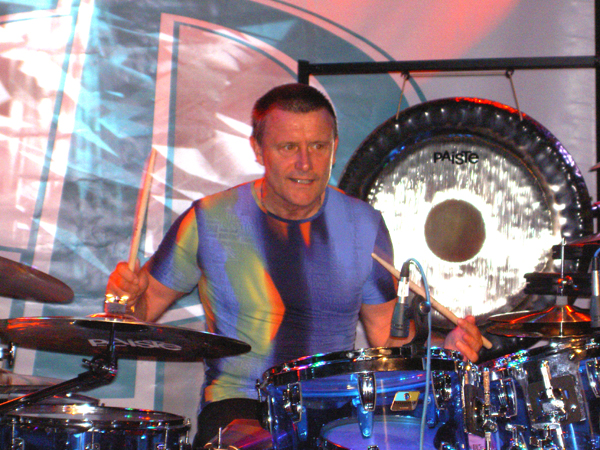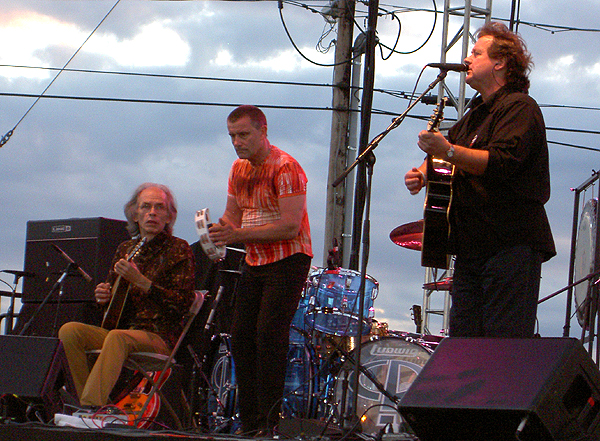
Carl Palmer is a cornerstone of progressive music. From Atomic Rooster, to Emerson, Lake & Palmer, to Asia, to his current solo band, Palmer is the epitomy of power, precision, and style. Recently, this master of the skins sat down with ProgSheet in NYC and shared his thoughts on quite a few subjects. Enjoy!


